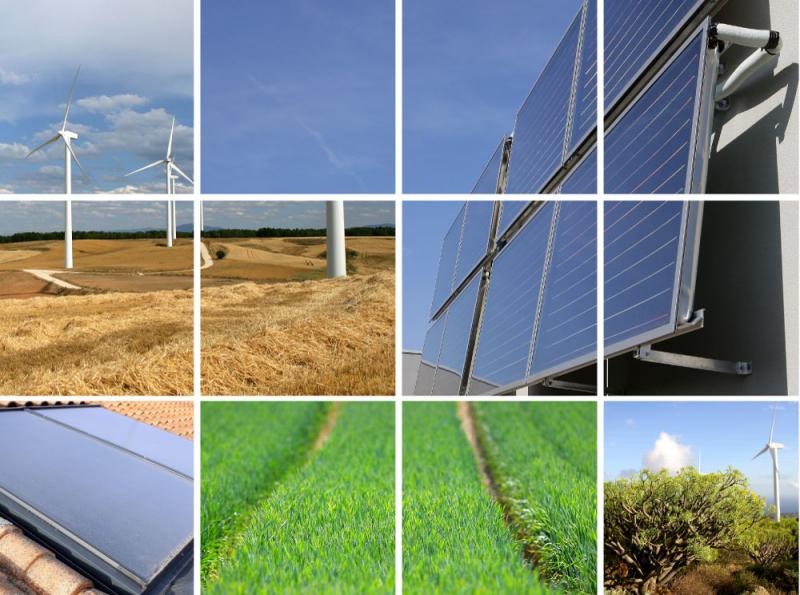German Strategic Cooperation with SIDS on Sustainable Energy
Federal Republic of Germany
#SDGAction40058
Description
The implementation methodologies depend on the project type and include capacity building, policy advice, implementation of pilot projects, research cooperation, study/concept development, technology transfer and others.
Capacity Building and Technology Transfer are integral parts of cooperation projects. The detailed arrangements depend on the specific project concept.
Coordination is guaranteed by the respective regional organizations, in particular in the Pacific by SPC and in the Caribbean by CARICOM. German development cooperation support for SIDS in the field of climate protection and sustainable energy is subject to regular negotiations and agreements between partners.
Partner Countries: Ongoing or planned cooperation inter alia with Dominica, Dominican Republic, Fiji, Grenada, Haiti, Jamaica, Maldives, Marshall Islands, Mauritius, Saint Lucia, Vanuatu, Kiribas, Cape Verde.
SDGS & Targets
Goal 7
Ensure access to affordable, reliable, sustainable and modern energy for all
7.1
By 2030, ensure universal access to affordable, reliable and modern energy services
7.1.1
Proportion of population with access to electricity
7.1.2
Proportion of population with primary reliance on clean fuels and technology
7.2
7.2.1
Renewable energy share in the total final energy consumption
7.3
7.3.1
Energy intensity measured in terms of primary energy and GDP
7.a
7.a.1
International financial flows to developing countries in support of clean energy research and development and renewable energy production, including in hybrid systems
7.b
By 2030, expand infrastructure and upgrade technology for supplying modern and sustainable energy services for all in developing countries, in particular least developed countries, small island developing States, and land-locked developing countries, in accordance with their respective programmes of support
7.b.1
Installed renewable energy-generating capacity in developing and developed countries (in watts per capita)
SDG 14 targets covered
Deliverables & Timeline
Resources mobilized
Partnership Progress

Feedback
Action Network

Timeline
Entity
SDGs
Region
- Africa
- Europe
- North America
- Asia and Pacific
More information
Countries








Contact Information
1. Programme Office of the International Climate Initiative; 2. Dr. Mike Enskat, 1. International Climate Initiative; 2. GIZ, Energy Policy Advice

